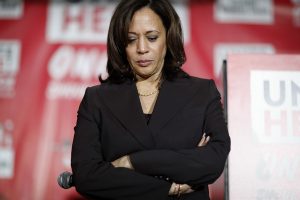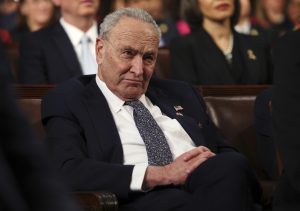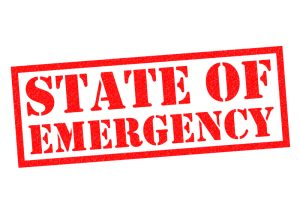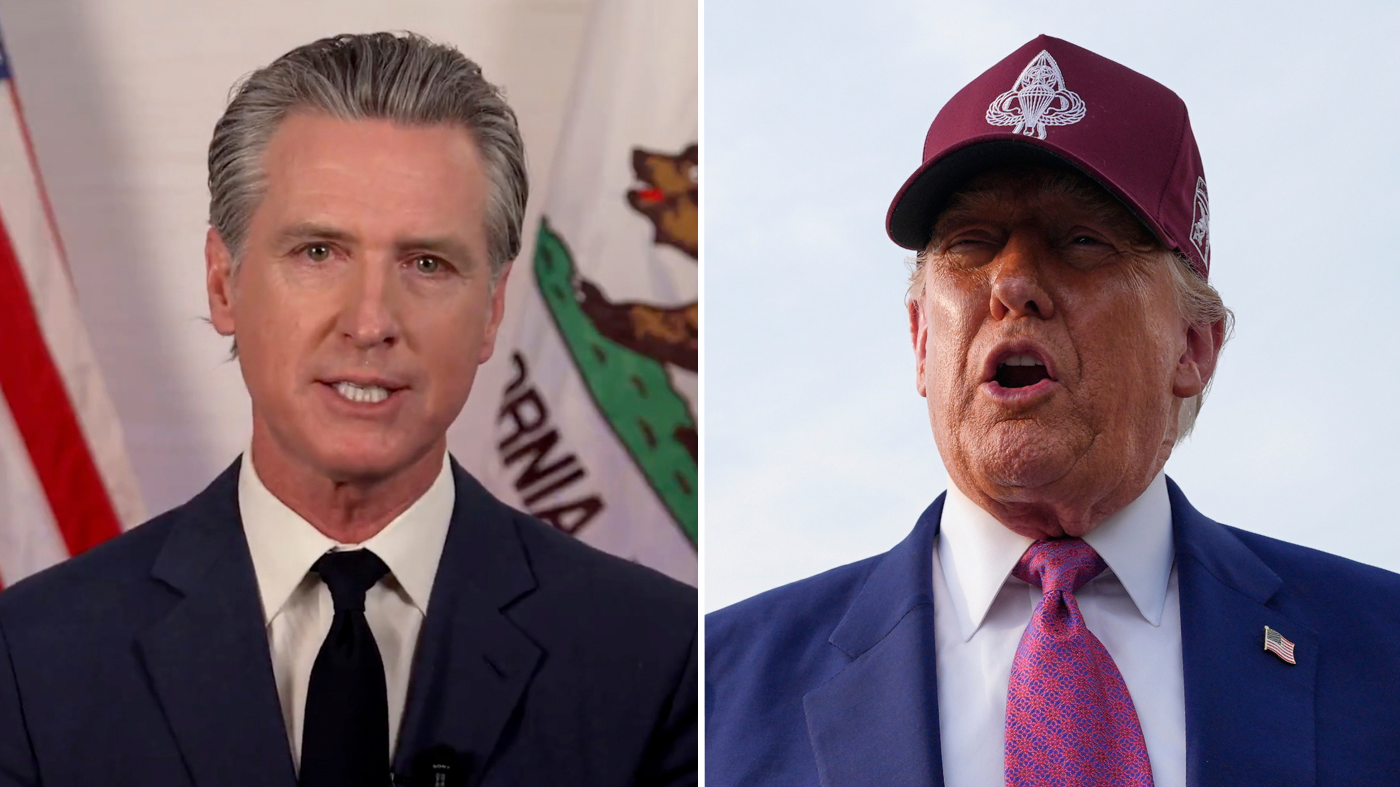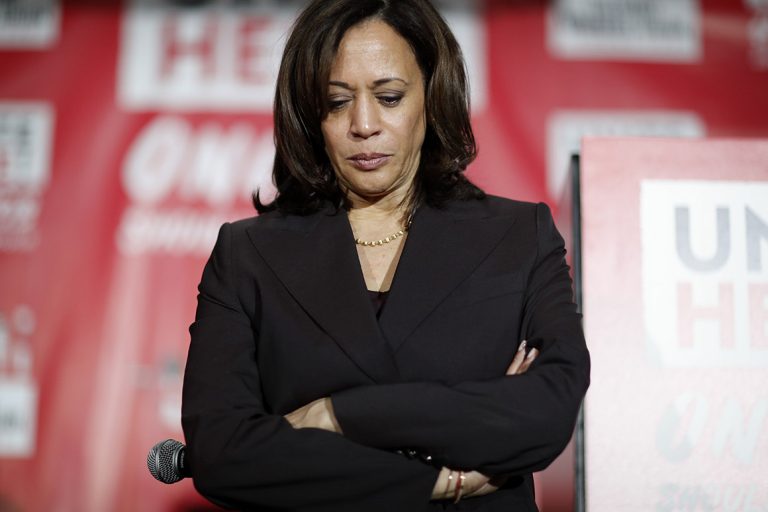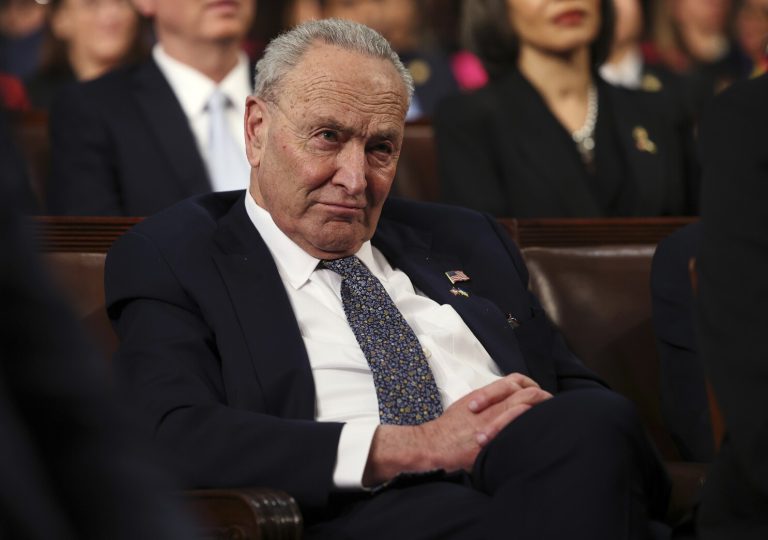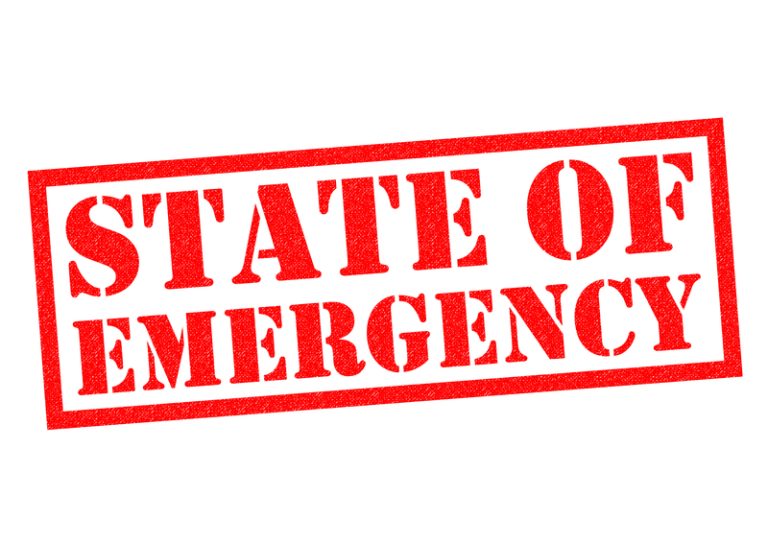A federal court has dismissed California’s lawsuit challenging former President Donald Trump’s use of emergency powers to impose broad tariffs, halting—for now—a high-profile attempt to limit executive authority in trade policy.
The case, brought by Governor Gavin Newsom and Attorney General Rob Bonta, centered on Trump’s application of the International Emergency Economic Powers Act (IEEPA). The statute, passed in 1977, allows the president to regulate international economic activity during declared national emergencies. Trump used this authority to enact sweeping tariffs on goods from countries including China, Mexico, and Canada, arguing that they were necessary to protect U.S. national and economic security.
California’s legal team argued the move represented an unconstitutional overreach of executive power. They contended that the tariffs were not responses to a genuine emergency, but rather attempts to implement routine trade policy without congressional approval—effectively bypassing the legislative branch’s exclusive role in regulating international commerce.
However, U.S. District Judge Jacqueline Scott Corley dismissed the case on procedural grounds. Rather than engaging with the constitutional questions, she ruled that the federal district court lacked jurisdiction. According to her decision, disputes over tariffs fall under the exclusive authority of the U.S. Court of International Trade in New York. That court specializes in handling trade-related cases and was the venue the federal government originally requested.
The judge’s decision came as a surprise to some legal observers, especially given her background and prior rulings involving limits on executive authority. However, her ruling followed a traditional judicial principle: when possible, resolve cases on narrower procedural grounds rather than tackling broad constitutional issues.
In an interesting twist, California itself requested dismissal instead of transferring the case, which preserves the state’s ability to appeal directly to the Ninth Circuit Court of Appeals. That court has previously been more open to legal arguments aimed at reining in federal executive power—giving California a potential path forward.
Though the dismissal delays a definitive ruling on the constitutionality of using IEEPA for trade policy, the legal battle is far from over. Other federal courts, including the Court of International Trade, have already ruled against aspects of Trump’s tariff policy under IEEPA. One such ruling even issued a permanent injunction—currently stayed pending appeal.
California’s appeal to the Ninth Circuit could reignite the fight over presidential power in trade regulation. As the debate moves forward, the case has the potential to set major legal precedents on the limits of emergency economic authority and the proper balance between the executive and legislative branches.

